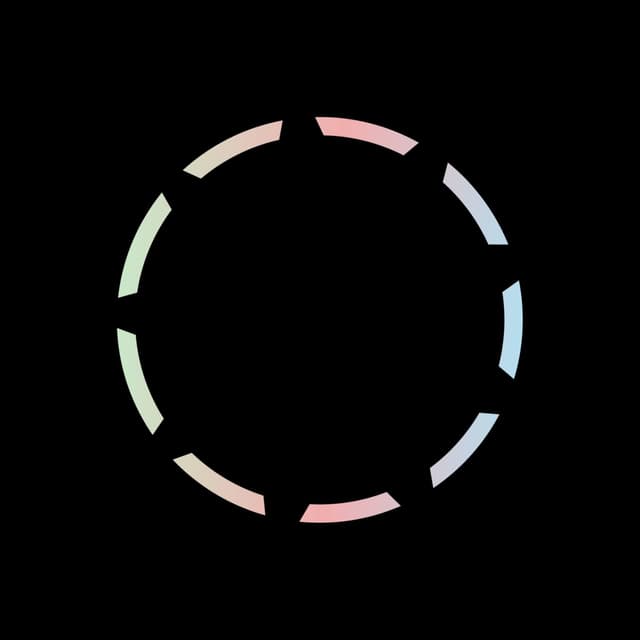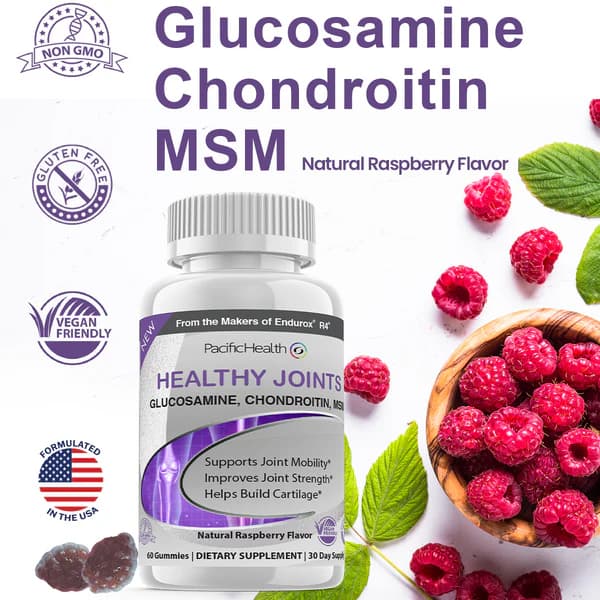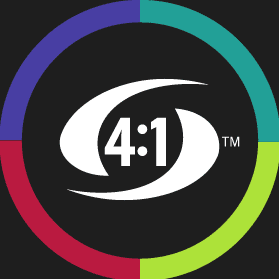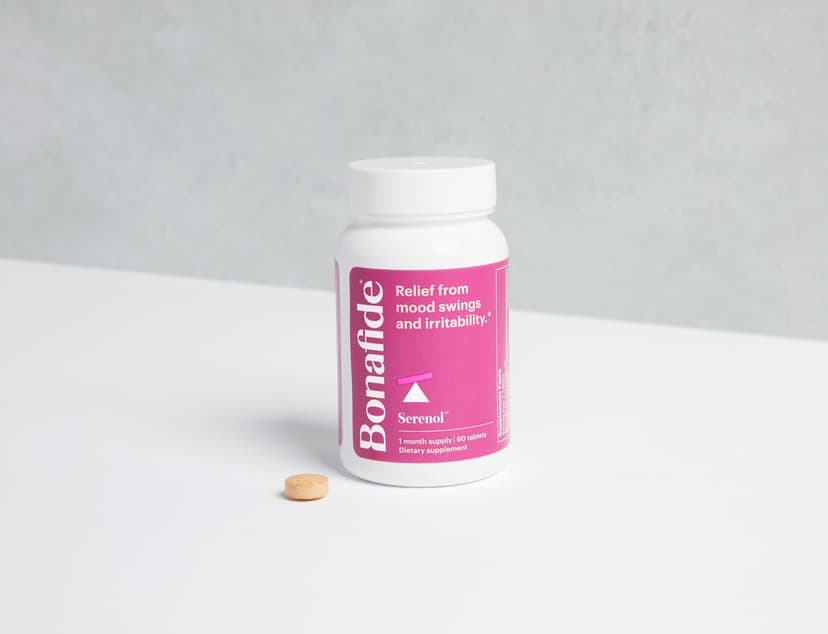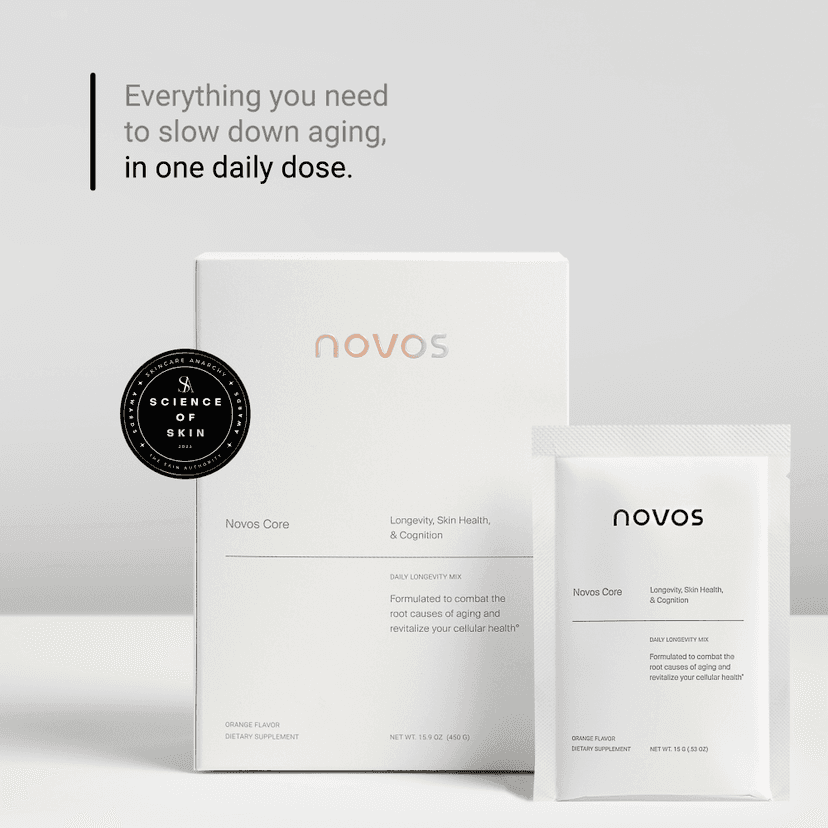Have you ever wondered why some people look younger or older than their actual age? This difference can be explained by understanding the concepts of chronological and biological age. While chronological age counts the years you've lived, biological age reveals how old your body seems based on various health factors. This article will explore these two types of aging, how to measure biological age, and ways to possibly reduce it.
Key Takeaways
- Chronological age is simply the number of years you've been alive, while biological age measures how old your body appears based on health indicators.
- Biological age is a better predictor of health and disease risk than chronological age, making it a valuable tool for assessing overall well-being.
- Factors like genetics, lifestyle choices, and environmental influences can impact your biological age, either speeding up or slowing down the aging process.
- There are several methods to determine biological age, including epigenetic clocks, biomarkers, and wearable technology.
- Making healthy lifestyle changes, such as improving your diet, exercising regularly, and managing stress, can help lower your biological age.
Understanding Chronological and Biological Age
Definition of Chronological Age
Chronological age is simply the number of years you have been alive. It is a straightforward calculation and has been used for decades by the medical community to estimate the risk of age-related diseases and conditions.
Definition of Biological Age
Biological age, on the other hand, is how old your body appears based on various physiological measurements. This method provides a more accurate picture of your overall health, as people age at different rates.
Key Differences Between the Two
- Chronological Age: The actual time you have been alive, measured in years.
- Biological Age: An estimate of your body's age based on health markers.
Your chronological age and biological age might not be the same. If you are particularly healthy and fit, your biological age may be lower than your chronological age. Conversely, if you are sedentary or have chronic illnesses, your biological age may be higher.
Factors Influencing Biological Age
Genetics and Heredity
Genetics play a crucial role in determining biological age. Your DNA can influence how quickly or slowly you age. Some people are genetically predisposed to age faster or slower than others. This means that if your parents and grandparents aged well, you might too.
Lifestyle Choices
The choices you make every day can significantly impact your biological age. Here are some key factors:
- Diet: Eating a balanced diet rich in fruits, vegetables, and whole grains can help you age more slowly.
- Exercise: Regular physical activity keeps your body and mind healthy, potentially lowering your biological age.
- Smoking and Alcohol: Avoiding smoking and limiting alcohol intake can prevent premature aging.
Environmental Factors
The environment you live in also affects your biological age. Pollution, exposure to harmful chemicals, and even the amount of sunlight you get can influence how quickly you age. For example, living in a polluted city might make you age faster than living in a rural area with clean air.
Understanding these factors can help you make better choices to potentially lower your biological age and improve your overall health.
Methods to Determine Biological Age
Epigenetic Clocks
Epigenetic clocks are tools that measure biological age by examining DNA methylation patterns. These patterns change as we age, and by analyzing them, scientists can estimate how old our bodies really are. This method is considered one of the most accurate ways to determine biological age.
Biomarkers and Physiological Tests
Biomarkers are measurable indicators of biological processes. Common biomarkers used to assess biological age include blood pressure, cholesterol levels, and inflammation markers. Physiological tests might also involve assessing lung function, grip strength, and other physical capabilities. These tests provide a comprehensive view of an individual's health and aging process.
Wearable Technology and Apps
Modern technology has made it easier to track biological age through wearable devices and smartphone apps. These tools can monitor various health metrics such as heart rate, sleep patterns, and physical activity levels. By analyzing this data, the apps can give users insights into their biological age and suggest ways to improve their health.
Understanding your biological age can help you make better lifestyle choices and potentially slow down the aging process.
Health Implications of Biological Age
Predicting Disease Onset
Biological age can be a strong indicator of your risk for certain diseases. If your biological age is higher than your chronological age, you might be more prone to illnesses. These can include lung disease, diabetes, cancer, and heart conditions. Knowing your biological age can help doctors predict and manage these risks better.
Life Expectancy and Health Span
Your biological age can also give clues about your life expectancy and overall health span. People with a lower biological age often live longer and healthier lives. This means fewer years spent dealing with chronic illnesses and more years enjoying good health.
Impact on Mental Health
Biological age doesn't just affect your body; it can impact your mind too. A higher biological age can be linked to mental health issues like depression and anxiety. Understanding your biological age can help you take steps to improve both your physical and mental well-being.
Knowing your biological age can be a powerful tool for improving your health and quality of life.
Strategies to Lower Your Biological Age
Diet and Nutrition
Eating the right foods can make a big difference in how old you feel. A balanced diet rich in fruits, vegetables, lean proteins, and whole grains can help lower your biological age. Avoid processed foods and sugary drinks, as they can speed up aging. Drinking plenty of water is also important to keep your body hydrated and functioning well.
Exercise and Physical Activity
Staying active is one of the best ways to keep your body young. Regular exercise, like walking, running, or swimming, can improve your heart health, strengthen your muscles, and boost your mood. Aim for at least 30 minutes of physical activity most days of the week. Even simple activities like gardening or playing with your pets can make a difference.
Stress Management and Sleep
Managing stress and getting enough sleep are crucial for keeping your biological age low. Stress can cause your body to age faster, so it's important to find ways to relax, like meditation, yoga, or spending time with loved ones. Getting 7-9 hours of sleep each night helps your body repair itself and stay healthy. Create a bedtime routine to help you wind down and get a good night's rest.
By making these lifestyle changes, you can help lower your biological age and feel younger and healthier. Small steps can lead to big improvements in your overall well-being.
Scientific Advances in Measuring Biological Age
Recent Research in Epigenetics
Recent studies in epigenetics have shown that changes in our DNA can help measure biological age. These changes, known as epigenetic markers, can tell us how old our cells really are. Scientists are finding new ways to read these markers, making it easier to understand how our bodies age.
Innovations in Medical Technology
New medical tools are making it simpler to measure biological age. For example, advanced blood tests can now look at many different markers in the body. These tests can give a more accurate picture of how old you are biologically. Wearable devices, like smartwatches, can also track important health data, helping people keep an eye on their biological age.
Future Directions in Aging Research
Researchers are always looking for better ways to measure biological age. Some are working on new tests that can be done at home. Others are studying how different factors, like diet and exercise, can change your biological age. The goal is to find the best ways to help people live longer, healthier lives.
Understanding and measuring biological age is key to improving health and longevity. With new research and technology, we are getting closer to finding the best ways to keep our bodies young.
Conclusion
Understanding the difference between biological age and chronological age can give us a better picture of our overall health. While chronological age tells us how many years we've lived, biological age shows how our bodies are aging on the inside. This can help predict the risk of diseases and how long we might live. By knowing our biological age, we can make healthier choices to possibly slow down the aging process. It's important to remember that we have some control over our biological age through lifestyle changes. So, focusing on healthy habits can make a big difference in how we age.
Frequently Asked Questions
What is the difference between chronological age and biological age?
Chronological age is the number of years you've been alive, while biological age measures how old your body seems based on various health factors.
Why is biological age important?
Biological age can give a better picture of your overall health and predict the risk of diseases better than chronological age.
How can I find out my biological age?
You can find out your biological age through tests like epigenetic clocks, biomarkers, and wearable technology.
Can I lower my biological age?
Yes, making healthy lifestyle choices like eating well, exercising, and managing stress can help lower your biological age.
What factors influence biological age?
Genetics, lifestyle choices, and environmental factors all play a role in determining your biological age.
Is biological age a reliable predictor of health?
Yes, research shows that biological age is often more accurate than chronological age in predicting health outcomes and disease onset.



